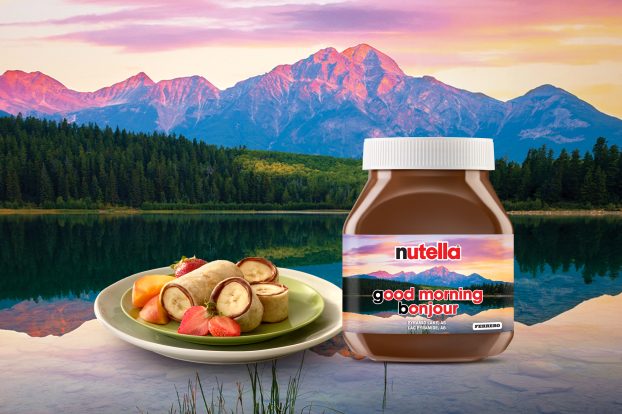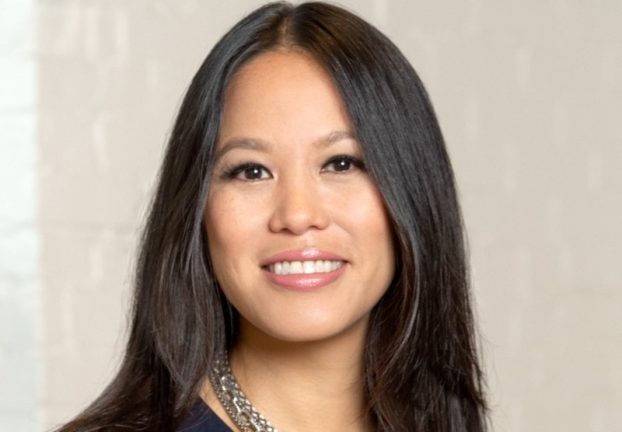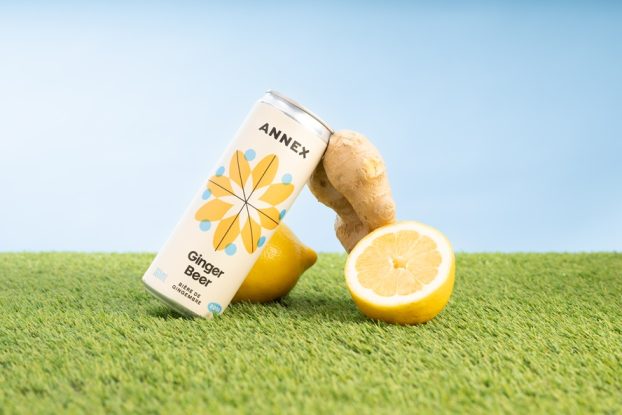Unboxed Market co-founder Michelle Genttner’s story of transforming the way customers think about shopping – the goal being not to waste an iota of anything – requires a lot of communicating.
It involves speaking directly with customers about the zero-waste grocery store model (often more than once), wrangling with sales-minded suppliers and engaging media outlets willing to spread the word for free.
To this day, Genttner says some customers are under the impression that it’s easy to run a zero-waste store, when in fact it’s pretty complicated. And she should know: prior to converting the store into Unboxed Market, she and her partner Luis Martins temporarily ran the business they took over, which involved selling regular packaged products.
“Without packaging, you always need to be worried about freshness, cross contamination, cleanliness,” she says. A traditional store can unpack a case of Kraft Dinner and go. But eliminating all waste means having 25 kilos of pasta delivered to the store and placed in bins or dispensers. And that means having additional storage for leftover product in the back – a big ask for its 1,500-square-foot store in downtown Toronto, where storage is at a premium.
 The question of consumer waste has come into bigger focus of late, with many consumers adopting a waste-less attitude with greater urgency. But many challenges remain, according to Genttner, who still finds herself explaining why Unboxed Market carries no plastic bags at cash (she notes that every piece of plastic ever created remains on earth in some form) and why customers must either bring their own containers or rent them for a deposit.
The question of consumer waste has come into bigger focus of late, with many consumers adopting a waste-less attitude with greater urgency. But many challenges remain, according to Genttner, who still finds herself explaining why Unboxed Market carries no plastic bags at cash (she notes that every piece of plastic ever created remains on earth in some form) and why customers must either bring their own containers or rent them for a deposit.
Sourcing a growing list of products from companies as package-free is another issue entirely. Negotiations generally require a lot of time “on the phone, emailing, researching, having conversations with people and having to explain to them why we’re doing what we’re doing and why more of this needs to exist,” she says. “The biggest thing is trying to explain things in a manner of how it will benefit the company that you’re trying to work with. You can’t just say, ‘I want to sell your product.’ It very much has to be a conversation.”
But having been able to do it so far, she believes large grocers with far more purchasing power should be able to do it, too – a move that she believes would ignite industry-wide change. Some companies such as Loblaw, through its partnership with Loop, have begun taking steps in this direction, which Genttner anticipates will only help further the cause.
As former owners of a restaurant, Genttner and her partner had never forayed into marketing or communications. However, they took a different approach with Unboxed marketing, recruiting a PR firm to help get the word out at launch, believing that “this one was so important that we said we need to make sure our voice is getting out and getting out quickly, and people know to come to us because… it’s fragile and requires broader recognition from the public.”
Sending out flyers and direct mail would run counter to its mission and was therefore out of the question. Beyond that, promotion has been limited to occasional social media blasts and contests, such as one timed with Plastic Free July.
 But even with a non-existent marketing budget, the store has succeeded at attracting an assortment of interested customers, according to Genttner. From the locals accustomed to going to the former store who simply transitioned into a new way of shopping, to people across the eco-friendly spectrum, from the zero-waste diehards to those increasingly mindful of their environmental footprint.
But even with a non-existent marketing budget, the store has succeeded at attracting an assortment of interested customers, according to Genttner. From the locals accustomed to going to the former store who simply transitioned into a new way of shopping, to people across the eco-friendly spectrum, from the zero-waste diehards to those increasingly mindful of their environmental footprint.
Groups of children from schools as far as North East Scarborough in the Greater Toronto Area come for eco-focused field trips, and return with their parents in tow on the weekend. “Most of them already have so much information…” she says of the children who are as young as six or seven. “They’re the ones who are going to get their parents to change their shopping habits.”
“For people who are set [in their ways], it’s more a question of baby steps and trying to explain why we’re doing what we’re doing.”
Photo: Unboxed Market via Instagram.
























